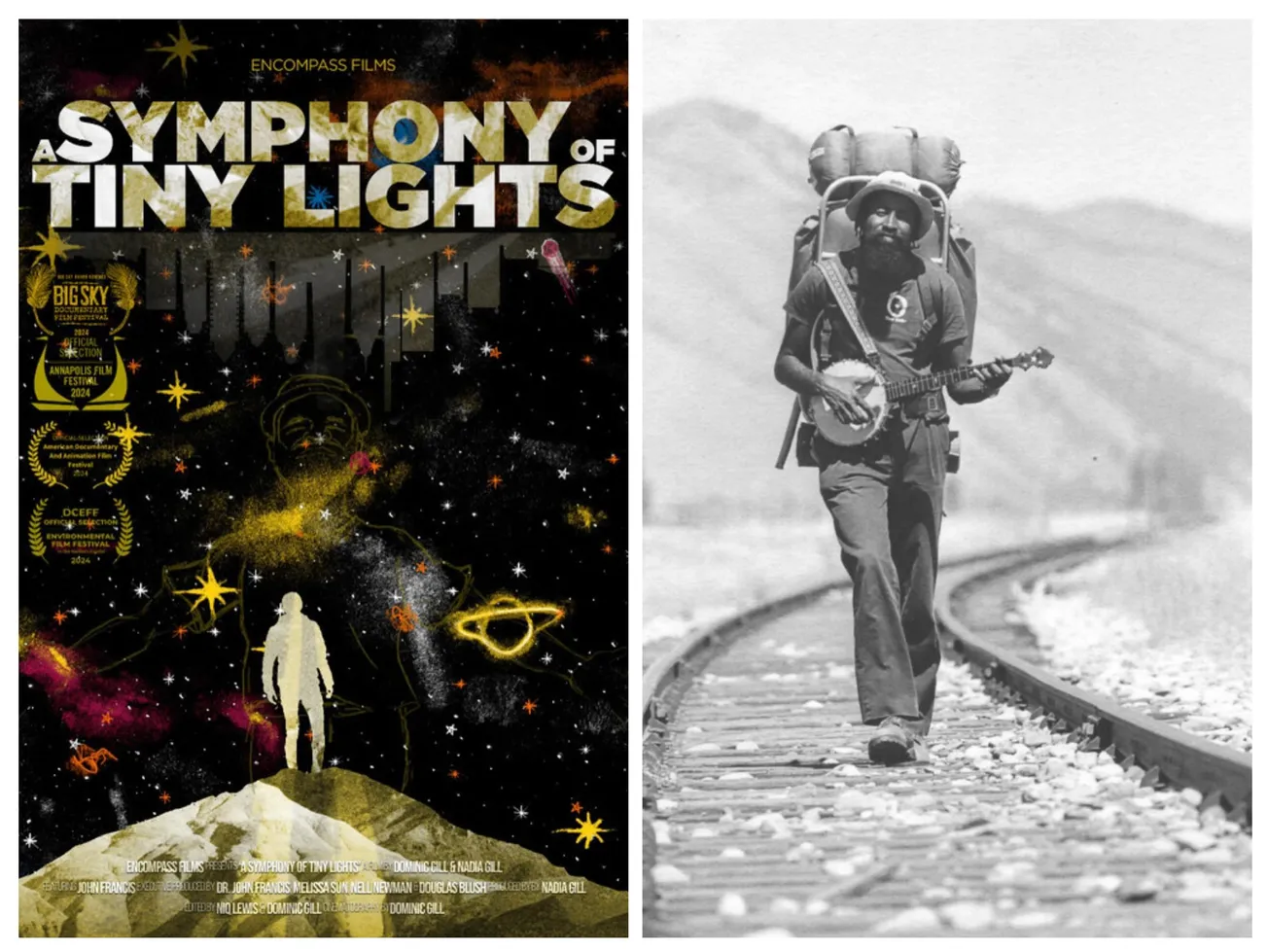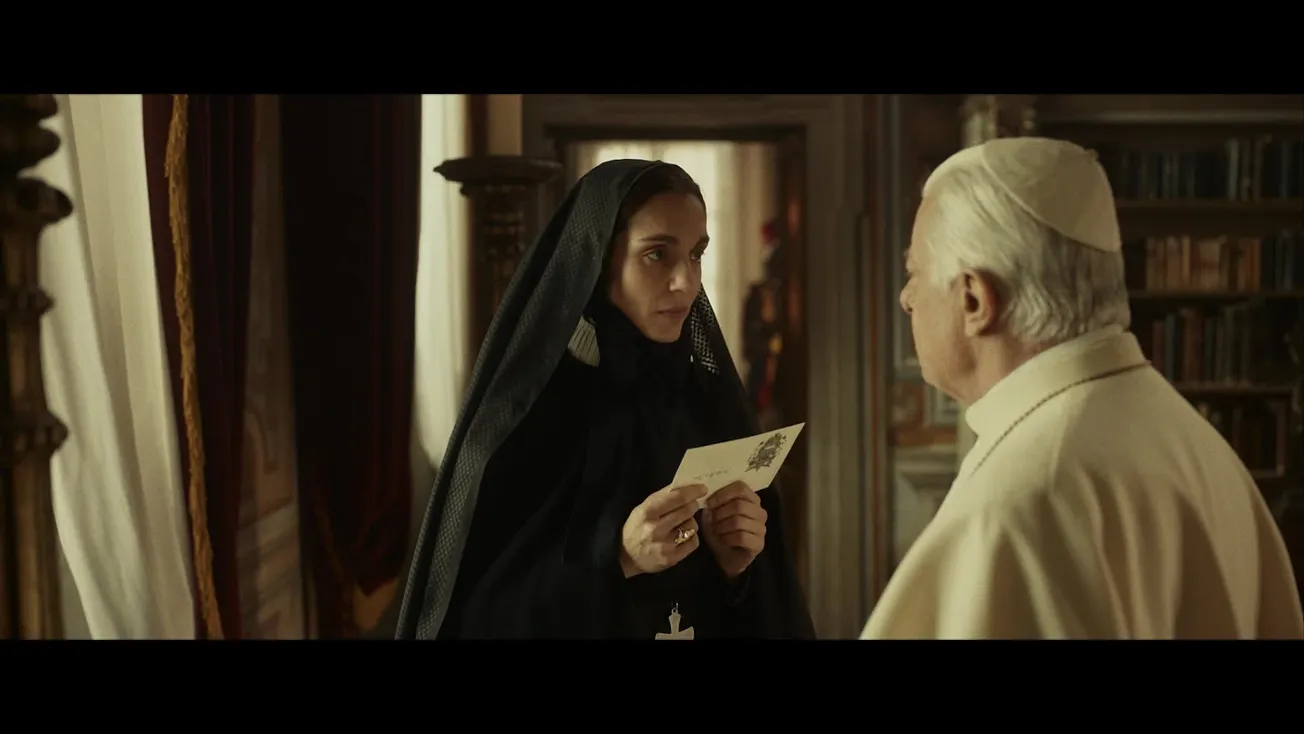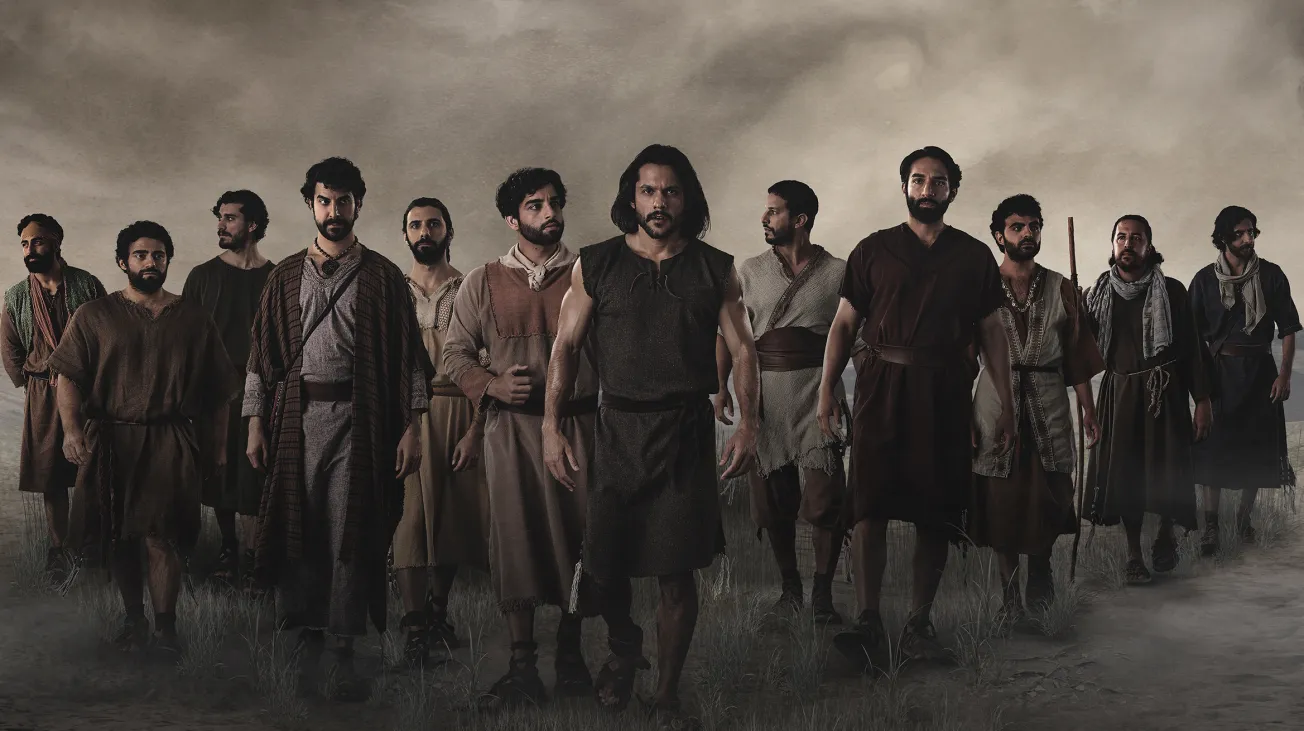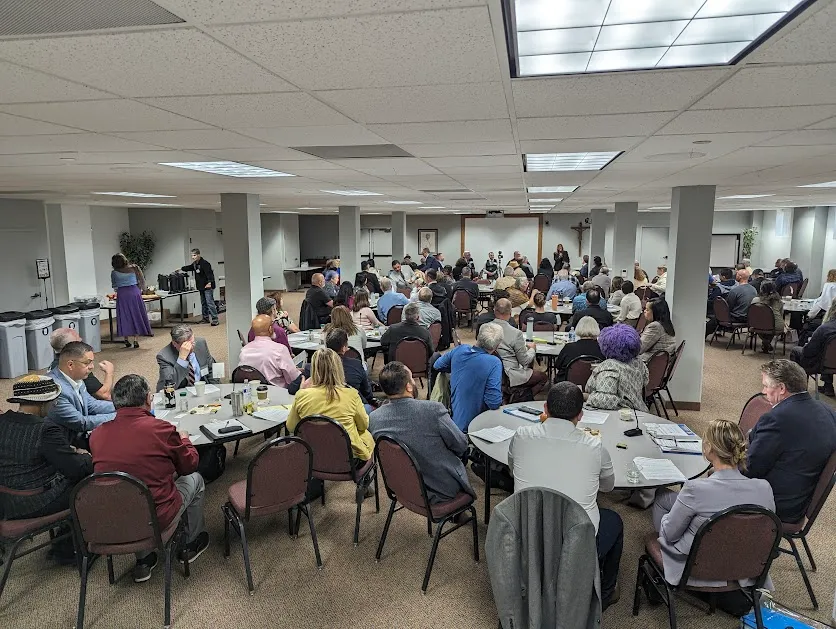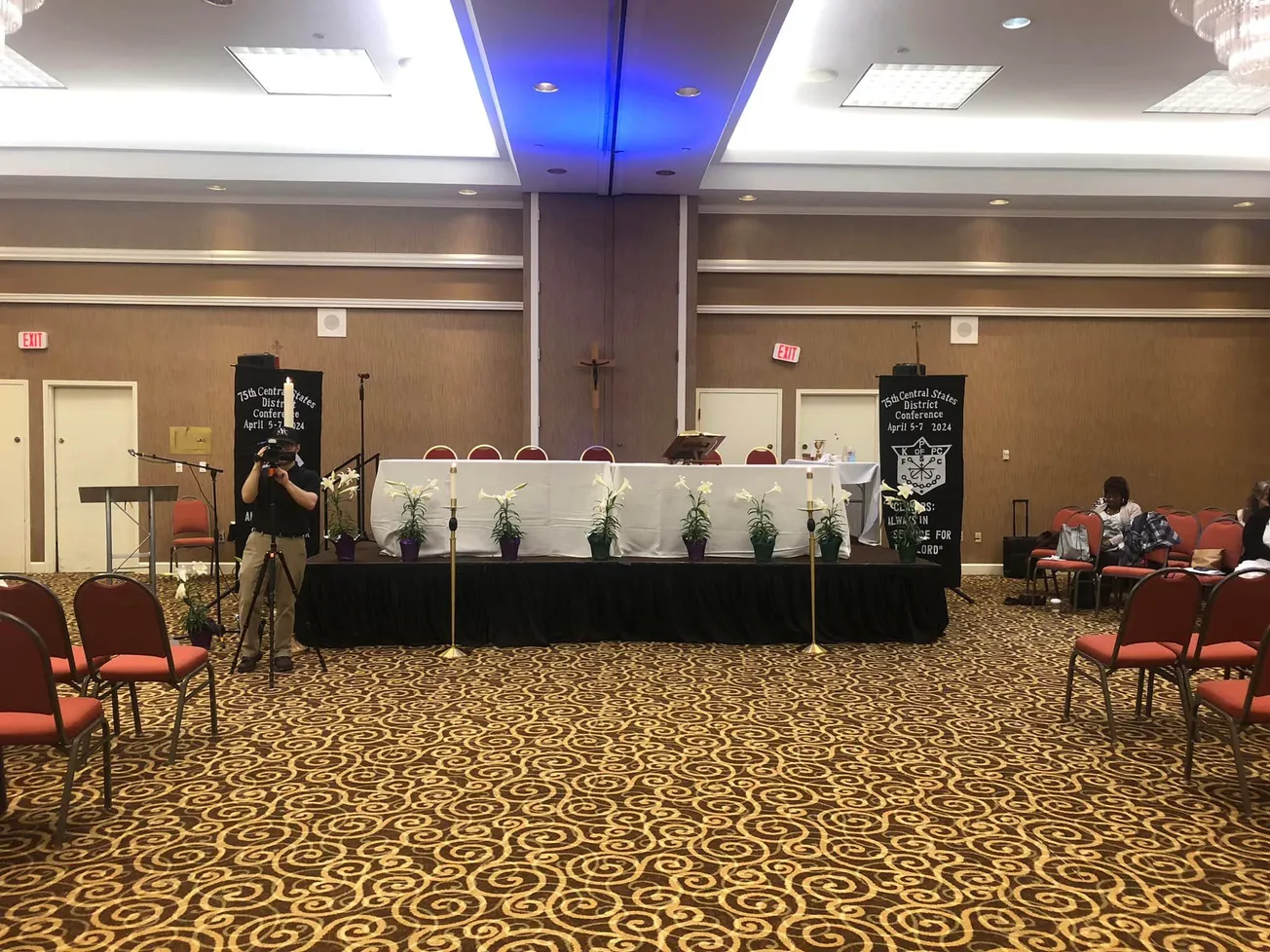Jon Batiste, who this year took the music world by storm with his eminent triumphs at the 65th Annual Grammy Awards, has had quite the life. From his upbringing in Louisiana to his meteoric rise while living in New York, the 36-year-old has bent both genres and expectations all while staying remarkably true.
“American Symphony,” a new documentary film covering his recent escapades on and off the stage, showcases a character whose ebullient style has masked an inner man whose story is very much worth telling.
Oscar-nominated director Matthew Heineman (“Cartel Land,” “A Private War”) is at his best, juxtaposing Batiste, his environs, and his fears in a visually stunning masterwork that will likely draw Oscar talk in the coming months.
Co-produced by Barack and Michelle Obama and backed by Netflix, it’s clear the film spared no expense in following Batiste during the year 2022, as he explored the contours of his musical inspiration while battling personal challenges in and out of the public eye.

The narrative is three-pronged, tracing Batiste’s journey to the 2023 Grammys (an early part of the film covers reactions to being nominated 11 times), his then-upcoming debut at Carnegie Hall (a unique, one-night symphony from which the film takes its name), and his partner Suleika Jaouad’s battle with a recurrence of leukemia.
(After her re-diagnosis, the two marry in a somewhat impromptu ceremony early on in the film, hinting at the story’s rabid but welcome unpredictability thereafter.)
As Batiste traverses the country bringing life to the crowds, he is seen returning to Jaouad’s bedside throughout the film. The tender moments are romantic and somber all at once, and make for a stark contrast with the bombastic cuts from glitzy performance footage. As it is, for a film about a musician whose loudness is not limited to his compositions, it's remarkable that several of the most poignant notes in the film are filled with silence.
One of them, preceding a song dedicated to Jaouad performed at a concert, features a downright jarring lacuna—Batiste sitting at the piano for what seems like an eternity, stone still, with a facial expression that can only be described as heartbreakingly pensive. His expressions and mannerisms are often the scene-stealers of the film, bordering on the absurd and yet painting a much-needed picture of a man who is altogether genuine.
Also significant throughout the doc is Batiste’s spirituality, with scenes of prayer and meditation punctuating performances, hospital visits, rehearsals, and calls with a therapist. The Catholic-raised Creole quotes and reads Scripture at various points, and it could be said that faith is a driving force behind the film.
“Nothing can stop the power of God,” he boasts at the climax, referencing a concert but seeming to also invoke the entirety of his complex and charged relationship with fame, fortune, and fate.
Interestingly, Louisiana is scarcely mentioned in “American Symphony,” which, like his faith-on-the-sleeves, I had not at all expected. Batiste mentions his upbringing in a family of musicians, itself an understatement, and he is called the “King of New Orleans” late in the film, but only once the world at large seems convinced of his greatness.
Still, the work as a whole feels like a love letter to his home, with his open admiration for his roots, his culture, his Blackness, and his god. He even dons the letterman jacket of his Catholic alma mater, St. Augustine High School, during one of the interviews. Perhaps even if just by means of Batiste himself, being himself, the city is there, and it makes the film go.
In Batiste, in Jaouad, and in their journeys, “American Symphony” is an hour and a half of pure, uninterrupted life. In sickness and in health. On the road and in the waiting. The tale is told well.
Nate Tinner-Williams is co-founder and editor of Black Catholic Messenger.





